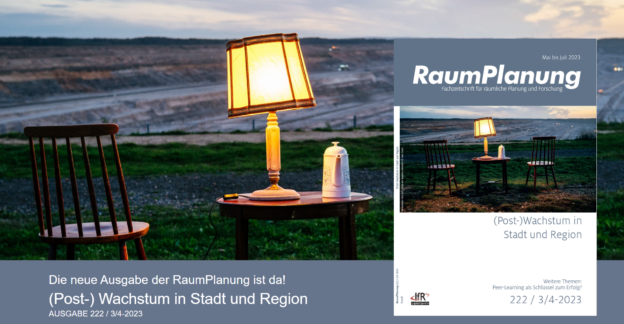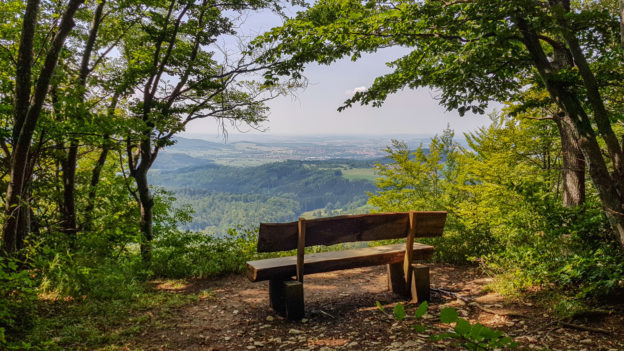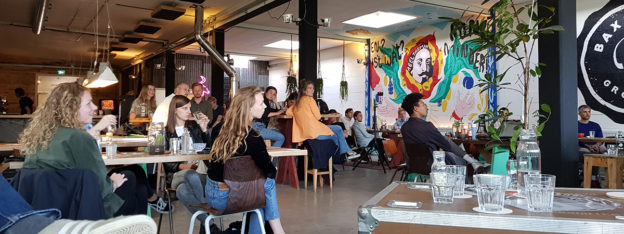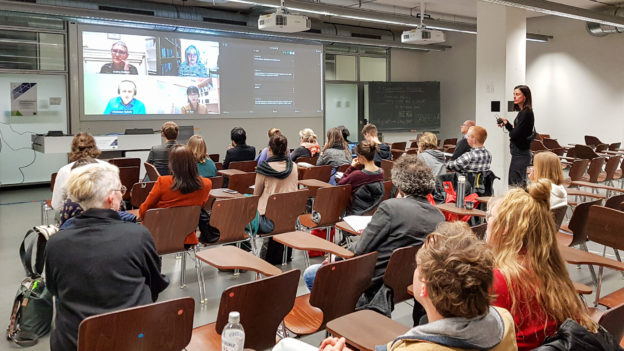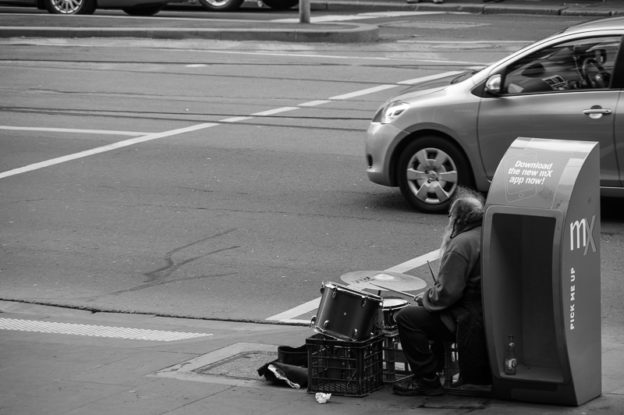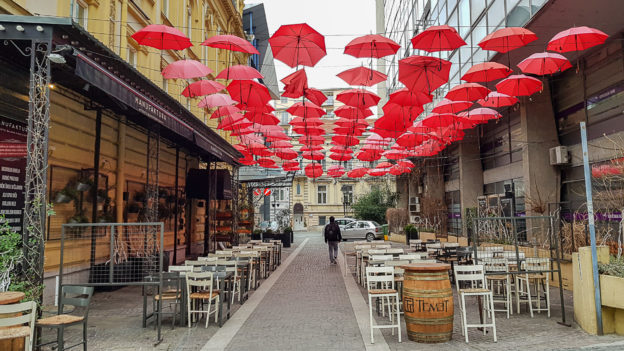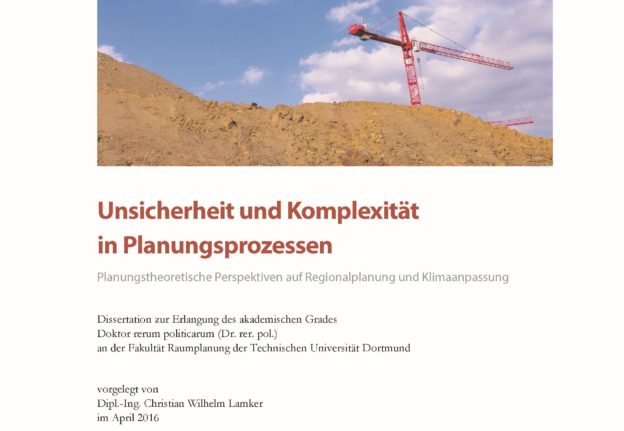This post (in German) follows my introduction to the ‘RaumPlanung im Fokus’ (online) event from 8th September 2023 for the special issue on ‘(Post-)Growth in Cities and Regions’, published in the German RaumPlanung by the Informationskreis für Raumplanung e.V. (www.ifr-ev.de). During this event, Niels Kück, Alexander Barnsteiner, Alois Humer, and Aurel von Richthofen presented insights from their articles, followed by a discussion with the audience led by the editorial team of Peter Ache, Katja Veil, and me. The event was facilitated and hosted by the IfR e.V. For the special issue, see https://ifr-ev.de/raumplanung/post-wachstum-in-stadt-und-region.
Die kritische Auseinandersetzung mit Wachstum und Postwachstum in der Stadt- und Raumplanung hat sich in den vergangenen Jahren von einem Gedankenspiel zu Fragestellungen mit hoher gesellschaftlicher und planungspraktischer Relevanz entwickelt. Schlagworte wie Dekarbonisierung, Übergewinnsteuer, Gasmangellage, aber auch Gemeinwohl und Gesundheit, sind nur einige Hinweise auf grundlegende Fragen. Mit breiten Fragen und einer offenen Suche sind wir auch in den Call for Papers für dieses Themenheft der RaumPlanung gestartet.
(more…)